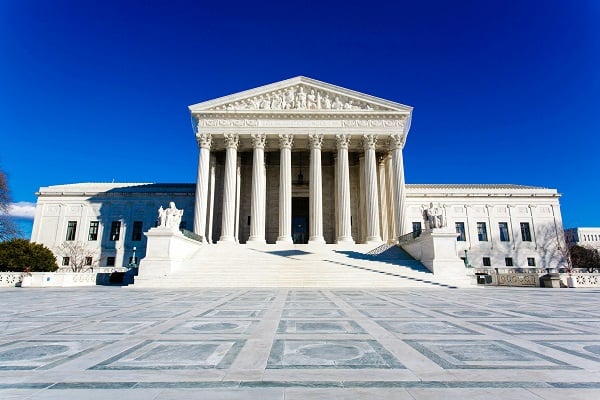
EPA Drops Suit Against eBay

On April 24, 2025, the United States, on behalf of the U.S. Environmental Protection Agency, voluntarily dismissed the government’s appeal of a district court order rejecting claims that eBay violated the Clean Air Act (CAA), the Federal Insecticide, Fungicide, and Rodenticide Act (FIFRA), and the Toxic Substances Control Act (TSCA). This means the district court’s dismissal of the case against eBay will stand.
In United States v. eBay, Inc., No. 1:23-cv-07173-OEM-LB (E.D.N.Y.), the government sought to hold eBay liable for three categories of products listed for sale by third-party users that allegedly violated various laws: (1) defeat devices under the CAA; (2) pesticides under FIFRA; and (3) paint removal products under TSCA. The court granted eBay’s motion to dismiss and held that: (1) eBay was not a seller of products offered by third parties on ebay.com; (2) eBay’s involvement in transactions between third-party sellers and third-party buyers failed to support the government’s “causation” theory; and (3) Communications Decency Act Section 230 immunity applied because eBay’s assistance to third parties who list products for sale on eBay.com did not amount to a material contribution to third-party content.[1]
In February this year, the United States told the U.S. Court of Appeals for the Second Circuit that there were “extraordinary circumstances” justifying an extension of time to file their opening appellate brief. The government stated that the issues implicated by the appeal were “significant” and “potentially far-reaching,” and President Trump’s new Acting Solicitor General had “not yet determined whether to authorize this appeal.” The Second Circuit granted the request for additional time, and during the extension the government decided to dismiss the appeal.
Meanwhile, the government has pressed forward with a Second Circuit appeal in United States v. EZ Lynk, No. 21-cv-1986, 2024 WL 1349224 (S.D.N.Y.), another case in which the district court dismissed CAA claims based on Section 230 immunity. The defendant in that case, EZ Lynk, sold physical devices that, when paired with another company’s software, were capable of defeating a vehicle’s emission control system. The Southern District of New York held that EZ Lynk was immune from CAA liability under the Communications Decency Act because it was merely the provider of the “platform” or “interactive computer service” where users found third-party software to interfere with their vehicles’ emissions systems. In its appeal brief, the United States argued that EZ Lynk is not immune because it is not a publisher but “a manufacturer and seller of a system that installs unlawful emissions-control defeating software.” EZ Lynk disputed the government’s characterization, arguing it only “manufactures a wireless pass-through interface and smart phone application” and “neither creates nor sells any content, unlawful or otherwise, that users” allegedly transmitted through the EZ Lynk system. The Second Circuit heard oral argument on April 29, 2025, and the parties are waiting for a decision.
[1] The court relied, in part, on Tiffany v. eBay, a precedent-setting suit in which Sidley lawyers successfully defended eBay against Tiffany’s attempt to transfer responsibility for policing its trademarks to eBay.
This post is as of the posting date stated above. Sidley Austin LLP assumes no duty to update this post or post about any subsequent developments having a bearing on this post.

